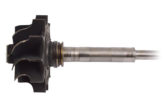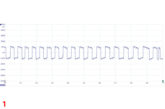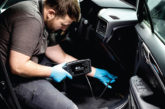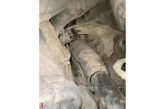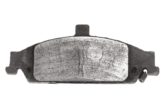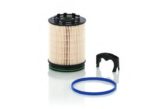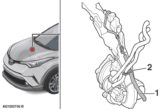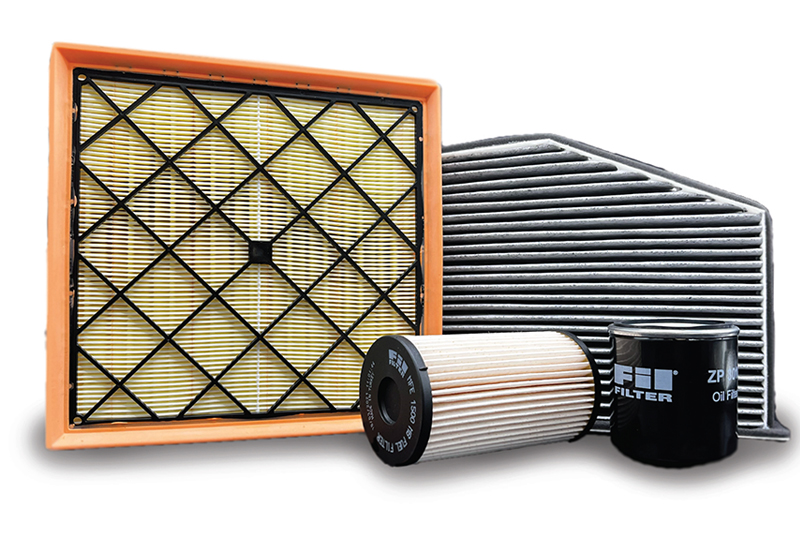
FIL Filter shares its top tips on how to reduce the cost of living with routine servicing.
As the UK faces a cost-of-living crisis, efficiency in the household has become top priority. Make sure your customers add vehicle maintenance to the list of priorities to make sure their vehicles are performing efficiently and avoid costly repair bills.
Studies from the RAC say that regular maintenance and servicing can be the number one contributor to saving fuel. This statement can also be supported by the fact that the change in temperature towards the winter months can also play a role in costly unexpected repairs.
To get the best out of your customer’s vehicles, you and they must follow the manufacturer’s maintenance guides. Routine servicing ensures that your vehicle is running efficiently. The replacement of oil and filters helps cars go further for less.
Air filter replacement: Contributes to the clean air flow through the engine. Supporting the combustion function to ensure the optimum fuel and air mixture is used to optimise miles per gallon.
Oil filter replacement: Contributes to the clean flow of oil circulating around the engine. Clogged oil filters can lead to loss of oil pressure creating friction between moving parts. Resulting in decreased performance, reducing fuel economy and in some instances may result in costly repairs.
Fuel filter replacement: Contributes to clean and correct flow of fuel around the engine. A clogged fuel filter can result in lean fuel conditions in the engine reducing performance and efficiency. Over time, running an engine without the appropriate fuel conditions can cause serious engine damage.
Cabin filter replacement: Does not often contribute to engine issues. However insufficient or clogged cabin filtration may cause systems to work harder and may have an adverse effect on performance.
Ensure customers are getting the most out of your choice of filtration. Replacing new for old is only half of the solution towards maximising efficiency. The other half is choosing the correct filter. All filters produced by Fil Filter are tested under ISO 17025:2012 accreditations. This ensures that every Fil Filter is inspected and tested to pass OE verification. All filters in the Fil Filter range have passed OE compliance of components, equipment, and systems to achieve an ISO 17025: 2012 certification.
As the demand for performance increases, so does the demand for quality vehicle maintenance. Don’t allow poor quality filters to shorten the term of your service intervals and increase your long term running and maintenance costs.

